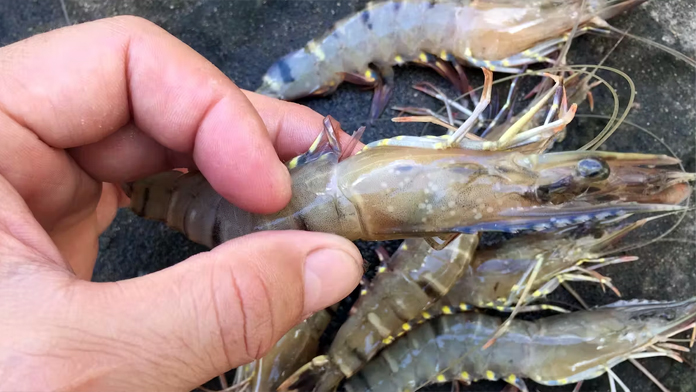Exclusive content

In 2019, Australia’s CSIRO conducted a study on the efficacy of shrimp point of care (POC) test kits for detecting the white spot syndrome virus (WSSV). The findings, presented at the “2023 ProAqua Symposium,” call for a global reassessment of testing practices in the shrimp industry.
WSSV remains a significant threat to the global shrimp industry, with severe outbreaks in 2016 prompting the need for early-stage infection monitoring. POC test kits, widely adopted by farmers, including for WSSV detection, were believed to provide early warnings. However, CSIRO’s research reveals critical flaws in their sensitivity, leading to a false sense of security.
The study compared five WSSV tests, showing that rapid antigen POC kits have inferior limits of detection compared to laboratory PCR testing. This sensitivity gap creates a dangerous misconception, as POC tests fail to detect WSSV early enough for effective prevention.
CSIRO emphasizes the discrepancy between laboratory conditions and real-world scenarios, revealing the virus’s faster progression in deliberately infected shrimp. This flaw undermines POC kit effectiveness, as they miss the virus’s early stages in commercial settings, resulting in continued disease outbreaks.
With WSSV now endemic worldwide, CSIRO advocates a strategic shift toward using validated laboratory-based PCR tests for routine testing. PCR tests are 10 to 100 times more sensitive than POC kits, providing a reliable means of early detection crucial for preventing catastrophic stock losses.
Farmers are urged to prioritize lab-based PCR testing, recognizing its superior sensitivity and reliability. Turnaround times as short as twenty-four hours alleviate concerns about immediacy, offering a more effective approach to managing the constant threat of WSSV in the shrimp industry.